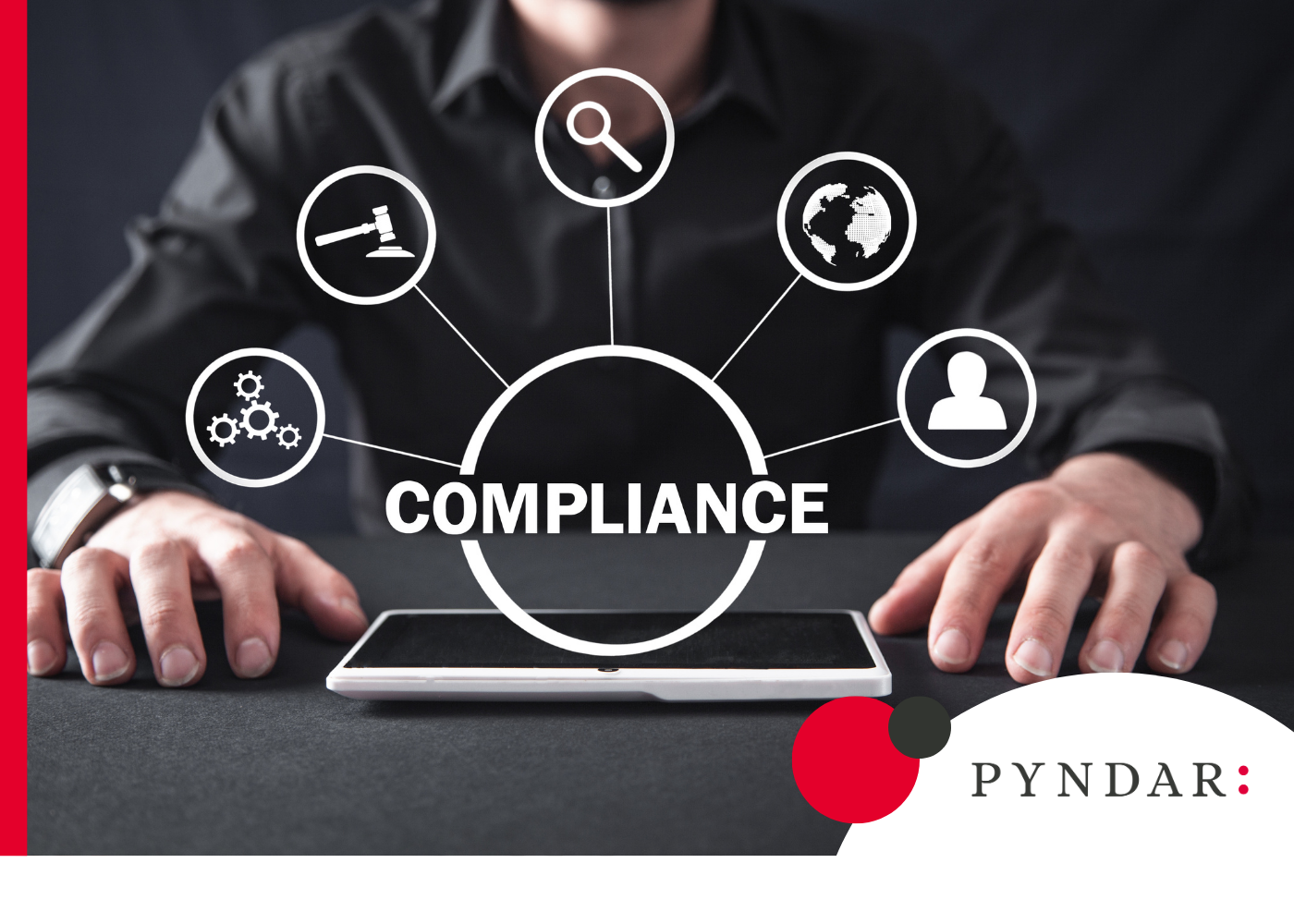The strategic imperative of overcoming SME sustainability challenges
Organisations of all sizes have an important role to play in tackling climate change. However, with small and medium-sized enterprises (SMEs) making up 99% of UK private sector businesses, and contributing 50% of the emissions, SMEs could play a significant role in supporting the UK’s carbon-reduction goals.
Despite their level of contribution to greenhouse gas emissions, research from the British Business Bank shows that 76% of SMEs are at an early stage in their transition to net zero. Yet embracing sustainable practices offers numerous benefits to organisations such as increased staff engagement and retention, cost savings, and enhanced brand reputation. However, there are clearly barriers ‒ real and perceived ‒ which need to be overcome to strengthen the contribution that SMEs can make.
This article leads a series in which we will be exploring the challenges SMEs face in tackling sustainability issues, and the many benefits that result from addressing these.
A marathon, not a sprint
Sustainability is a huge and complex area. With no pre-existing guidelines or playbook to refer to, it can be overwhelming for businesses to know where to begin.
One essential factor from the outset, if a business’s sustainability agenda is to be a success, is gaining stakeholder buy-in. This includes buy-in from clients, investors and suppliers but, without the driver of internal teams pulling in the same direction, putting sustainability practices in place is almost impossible.
From finance and HR to building and facilities management (FM), all departments have a part to play in supporting sustainability endeavours via a cohesive strategy.
Improved staff engagement and retention
One of the key benefits to businesses in having a clear sustainability strategy is the impact it has on their people: staff working for sustainability leaders are more likely to feel engaged and inspired by their company’s vision and values. Indeed, research from Deloitte has found that 72% of staff working for organisations with ‘leading’ sustainability programmes rarely look for another job.
Further research by Deloitte finds that 70% of Gen Zs and millennials consider a company’s environmental credentials or policies to be very/somewhat important when evaluating a potential employer. Conversely, companies with lagging sustainability programmes can struggle to foster similar sentiments among their people.
People look for organisations whose stated missions align with their values, supporting a sense of purpose and connection. By prioritising sustainability efforts, businesses create attractive environments which are more likely to lead to talent retention.
Strengthened company reputation
Not only are staff expectations increasing as regards companies’ demonstrable sustainability commitments, there is also strong client demand for businesses which can prove that they are reducing their environmental impact. McKinsey reports that between 30% and 50% of clients aim to buy sustainable products, and there is an expectation ‒ particularly in the manufacturing industry ‒ that product footprints and supply chains be monitored.
A further survey from McKinsey reveals that 72% of respondents considered sustainability ‘extremely’ or ‘very’ important in managing corporate and brand reputation.
A positive impact on the bottom line
Another benefit for businesses which promote sustainability practices is long-term cost savings. The International Organization for Standardization reports that taking steps to improve environmental performance can give businesses ‘a competitive and financial advantage through improved efficiencies and reduced costs’. Research from Ernst & Young aligns with this, revealing that:
…sustainable operations aim to reduce waste and costs, eliminate unnecessary processes and harmful materials, increase worker safety, and minimise potential downtimes of critical services with improved asset performance and increased profitability through a more efficient use of resources, time and people.
Future-proof compliance
The sustainability market is changing all the time, with new schemes and updates every few months. It is not currently mandatory for businesses to report on their sustainability data but many organisations are already incorporating such practices into their business strategies.
For forward-thinking SMEs it would be advantageous to start putting steps in place to assess their carbon footprints, and make inroads in collecting data concerning their consumption. Robert Franklin, Senior Climate and Carbon Consultant at Simply Sustainable, concurs: “The big players are already reporting on their carbon footprints in quite a lot of detail so it stands to reason that it’s only a matter of time before all businesses will need to do the same. As a business, you can’t manage what you don’t measure.”
Read the full interview with Robert: ‘Full disclosure: how much do you know about your supply chain’s sustainability practices?’.
For smaller, private and ambitious businesses that are adept at making fast decisions and moving quickly, beginning this journey now could be extremely rewarding indeed.
Read our previous articles in the ‘Sustainability’ series: ‘Collaborating for a greener future: Achieving sustainability goals through effective waste management’, and ‘The connection between sustainability and staff retention’.
To find out more about how we partner with businesses like yours to support sustainable goals, get in touch at transform@pyndar.uk.
Trends & Insights
Reflecting on progress: Facilities management in 2025 and the trends shaping 2026
In this article, we review some of the key developments from 2025 and explore the trends that will define facilities manageme... Read more
Beyond space and technology: What the office of tomorrow will deliver
The role of the office is evolving rapidly. Hybrid work models, shifting staff expectations, and technological innovation are... Read more
The top five compliance risks in facilities management
Facilities management (FM) plays a critical role in shaping organisational success. When managed well, it safeguards people, ... Read more



